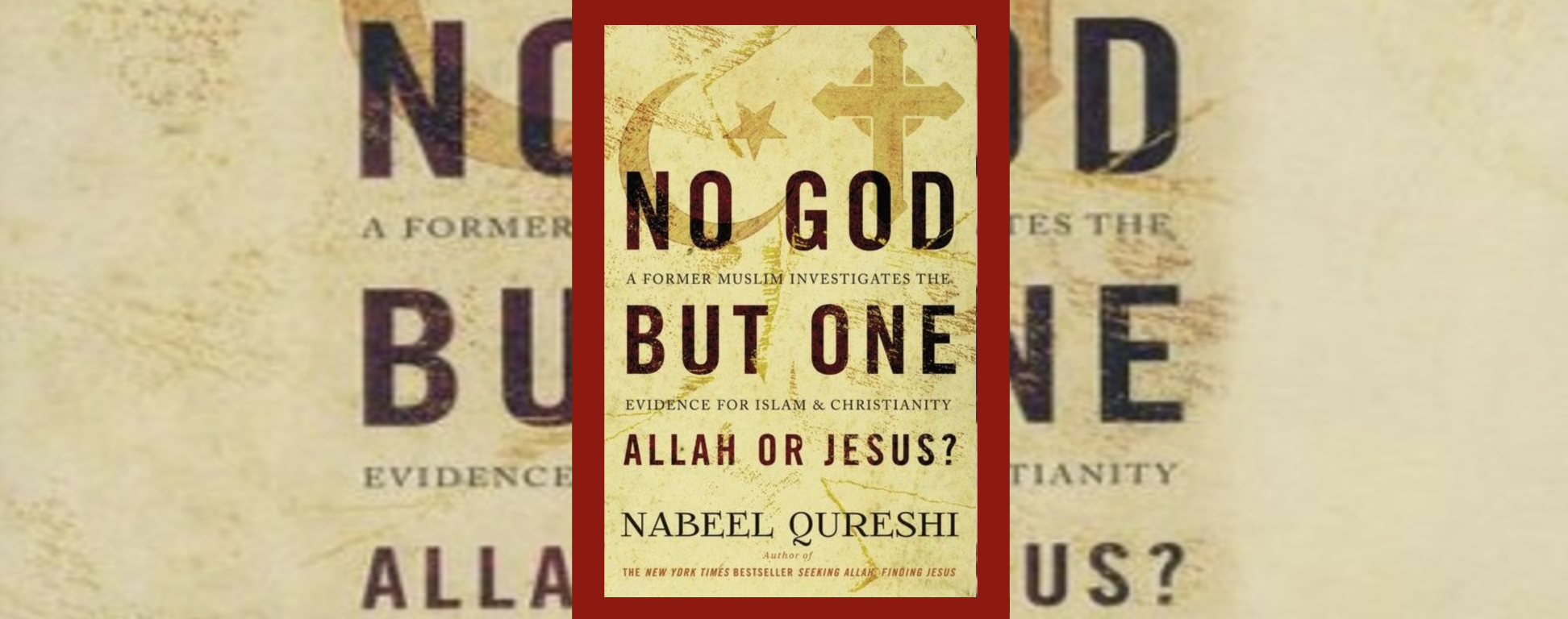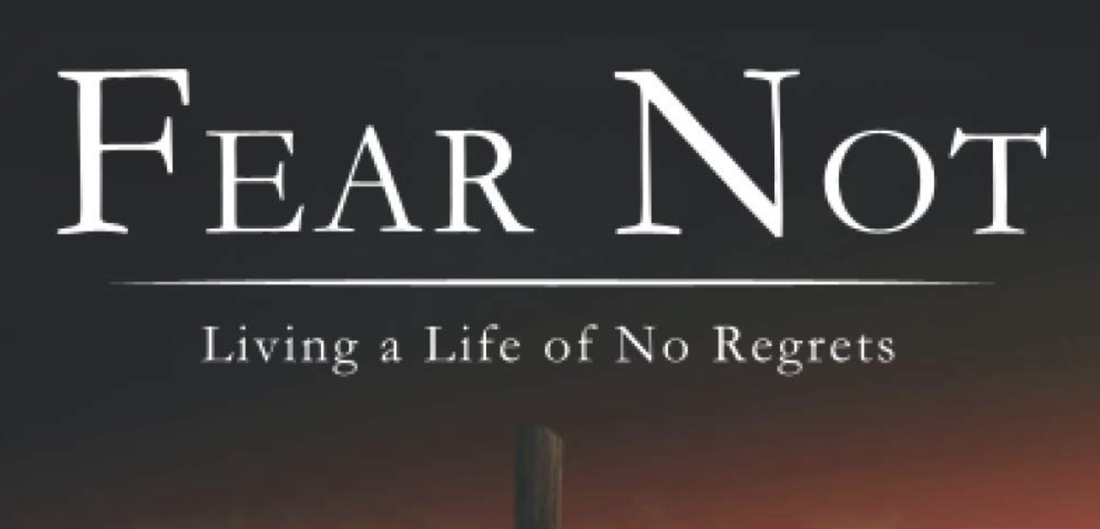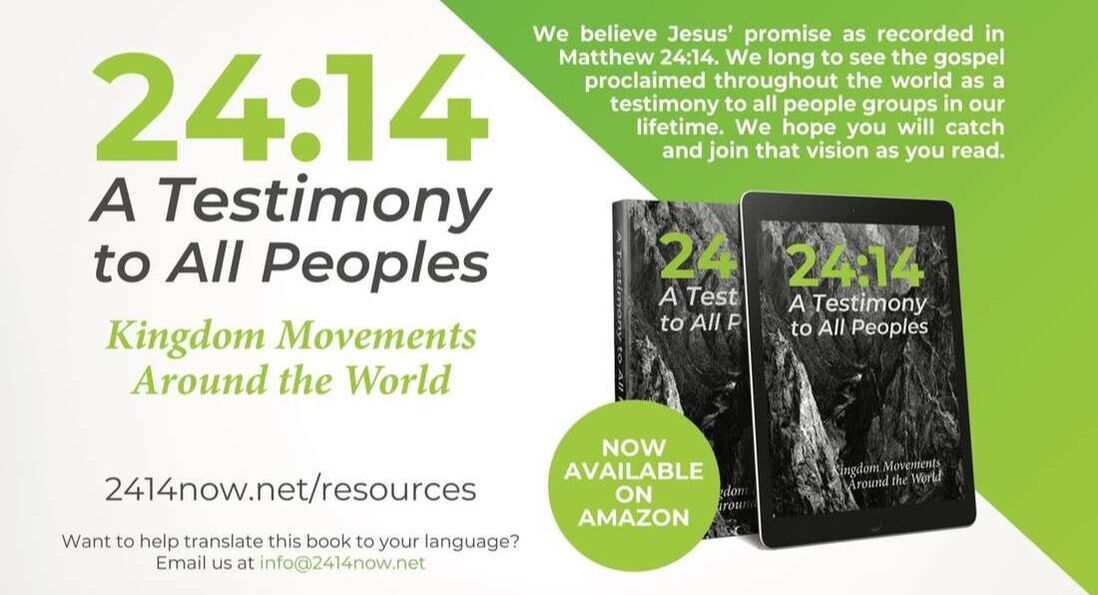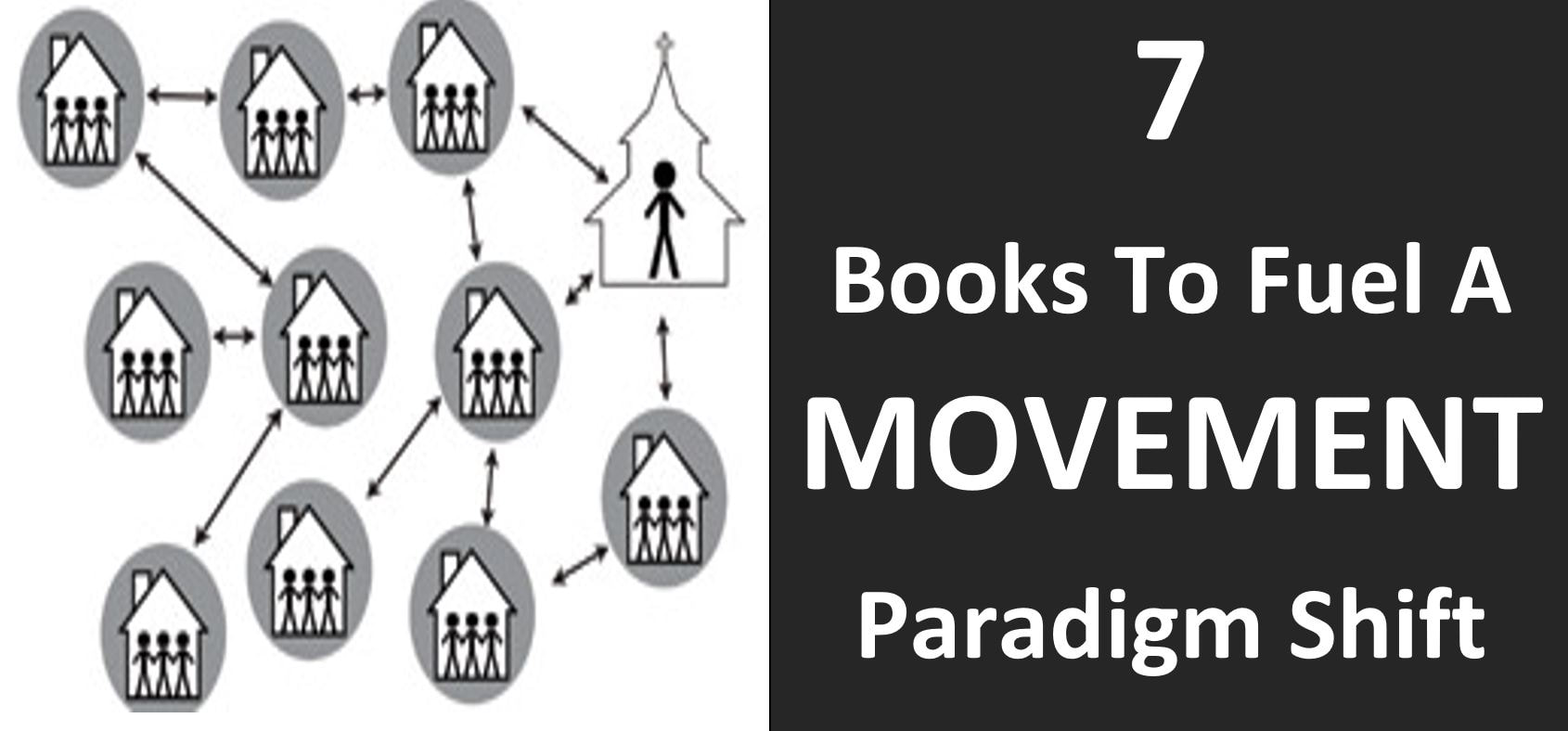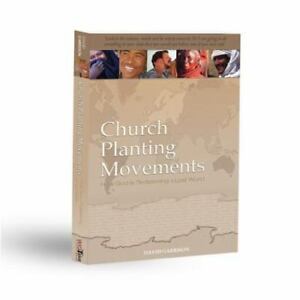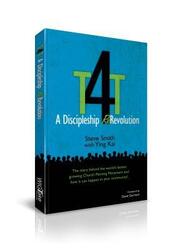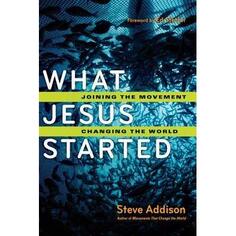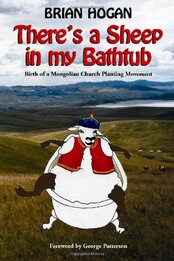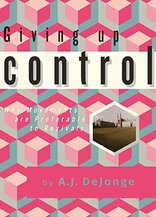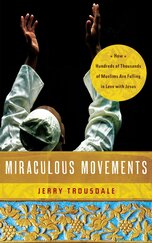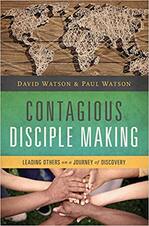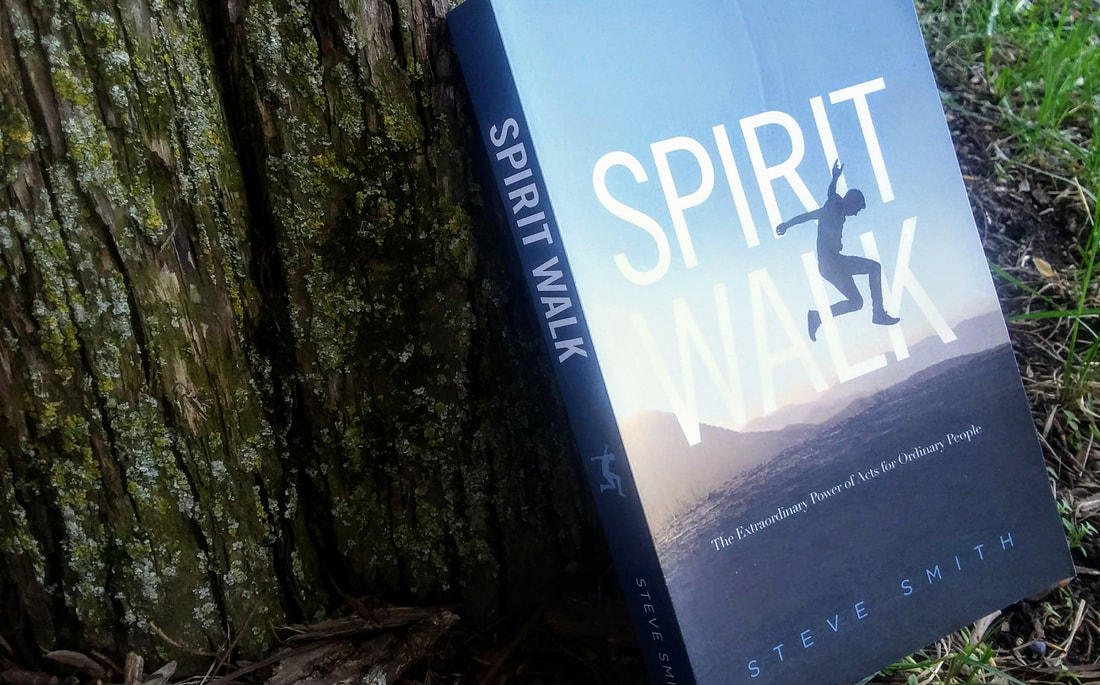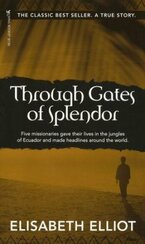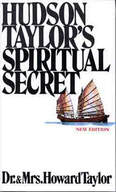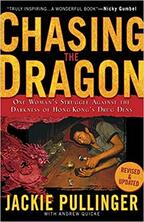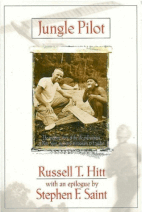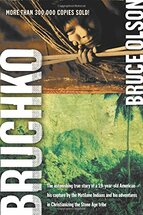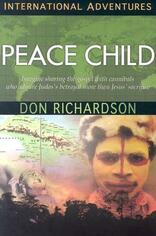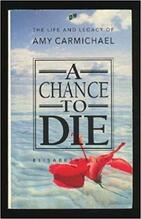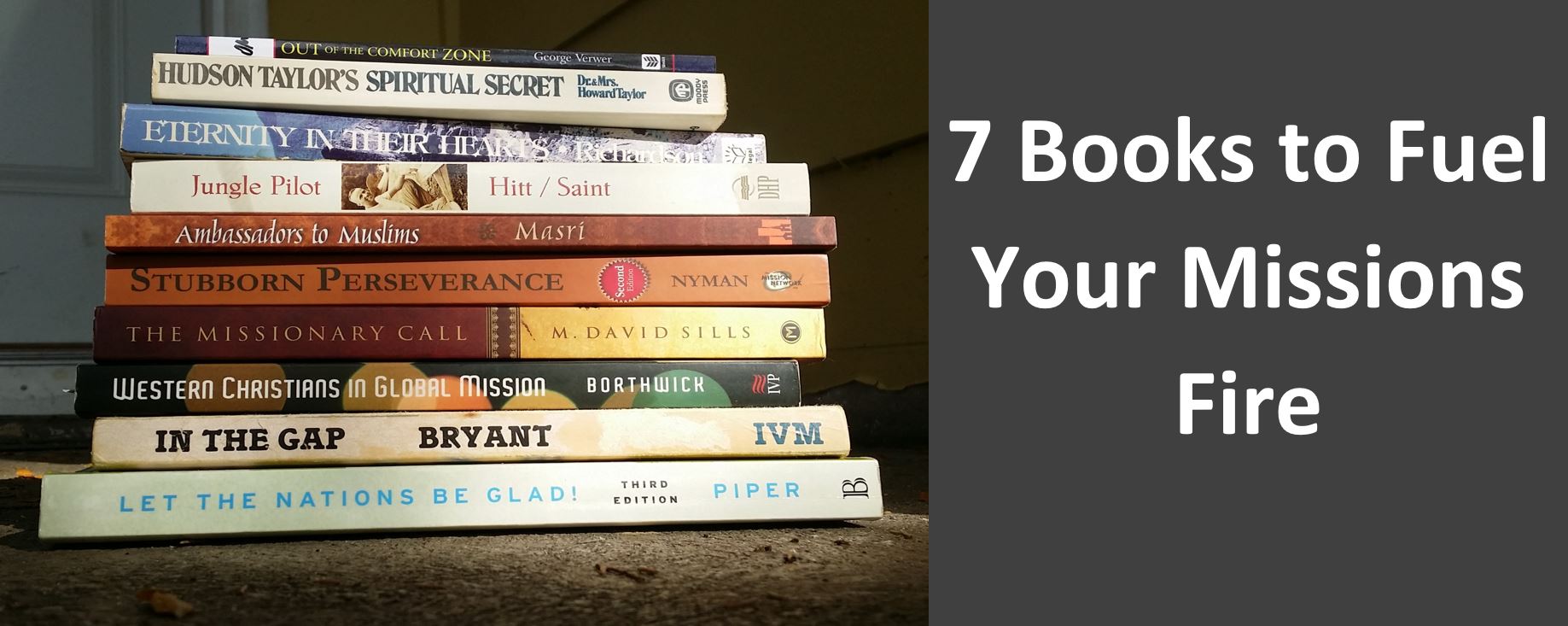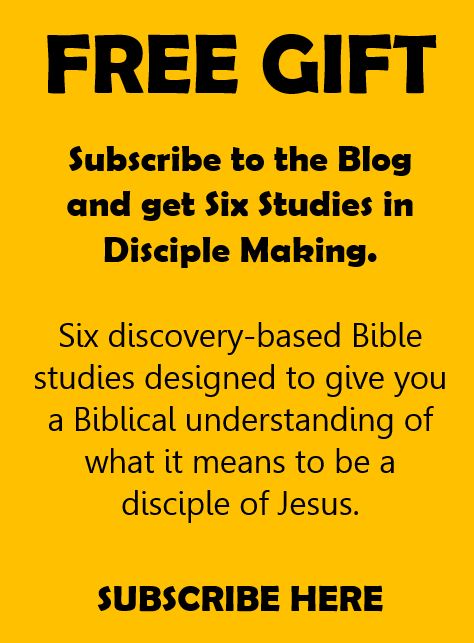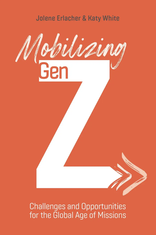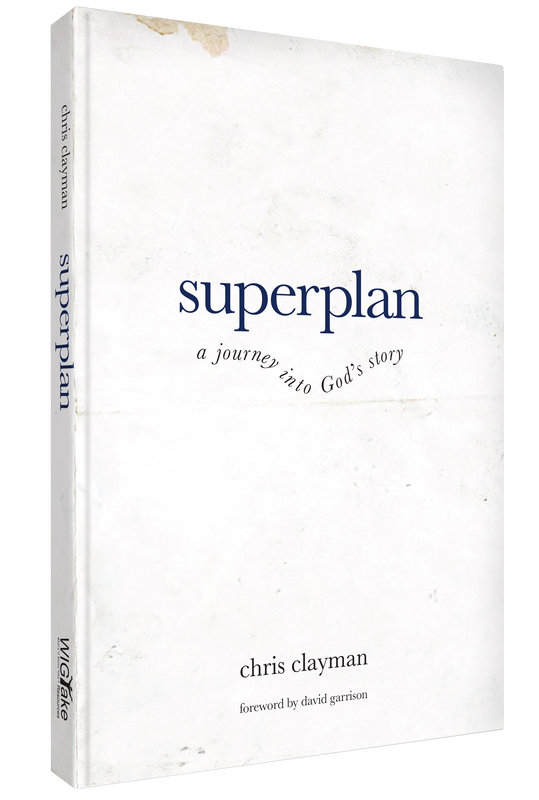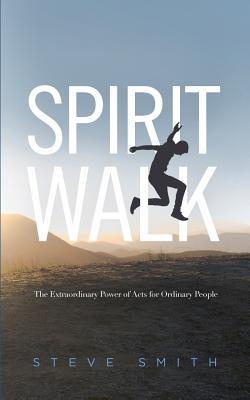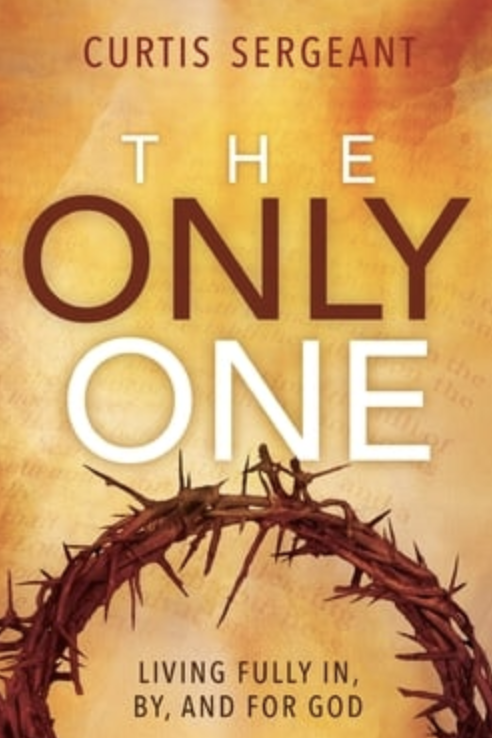|
“Why, my soul, are you so dejected? Why are you in such turmoil." – Psalms 42:5 It’s been a full season of ministry, of working on good, kingdom projects and investing in people that God brings across my path. In every way, ministry has been rewarding, purposeful and mostly, a lot of fun. I really do love the work of the ministry I’m a part of. And yet. What started as a tiredness which I attributed to my week-long battle through on and off fever and a hacking cough - it’s been going around - has now settled into a low grade feeling of blah. It’s not depression. It’s not despair and I wrestle to even know how to explain it but it's there. And as I actually sit with it and think back, it's been there for a while, weeks perhaps. It is unfortunately a familiar feeling, something that visits once, sometimes twice a year and which usually, as Douglas Rumford observes, follows a season where I find myself “unable to keep all the fires that we’ve started fueled.” I took on too much. One project in particular has turned into a bit of a roller coaster of on again off again waiting with a lot riding on my shoulders. At this point it’s just a season of the blahs, of fighting to stay motivated and occasionally feeling tired throughout the day. I’m thankful that I’ve had good mentors and friends that have taught me to see the symptoms and through the years I have learned to respond proactively and early. It is easy to see however that, left untended, this sort of season could easily descend into full scale burnout. We read about it in others more than we’d like and wonder why it happens so often to pastors and leaders and regular people alike. One thing that I often find helpful is to pick up a book on the topic of soul care - that’s what it is after all - and so yesterday I began Douglas Rumford’s Soul Shaping. I’m just one chapter in but found this first chapter, “Recognizing the Symptoms of Soul Neglect” an excellent resource for anyone wondering if they are wandering into the beginnings of the blahs or the blues or the dark night of the soul. His list of ten symptoms is a useful rubric to hold yourself up to if you’re not quite sure. The list is a simple tool which will help you reflect on the state of your soul. I won’t explain each here, most are pretty easy to understand, but I’d encourage you to prioritize setting aside regular time to reflect on your life and thoughts and how your soul is doing. In our hurried, harried lives of the 21st century few prioritize anything other than keeping busy doing productive things. This of course flies in the face of John 15 and the abiding life that Jesus calls us to but it seems the siren song we cannot restrain ourselves from following. Here are Rumford’s list of ten soul symptoms:
It should be noted that everyone will find themselves in seasons like this from time to time. There are things we can do to guard against it but we do live in a broken world. We started the article with a Psalm of David, a man after God’s heart and he sounds like he’s in a pretty dark place. The Apostle Paul once wrote that he “despaired of life itself” (1 Corinthians 1:8). Charles Spugeon, in a talk to ministerial students, once said, “Fits of depression come over the most of us. Usually cheerful as we may be, we must at intervals be cast down. The strong are not always vigorous, the wise not always ready, the brave not always courageous, and the joyous not always happy.” If you reflect on the list above and find you check off more of the symptoms than you’d like to admit, it doesn’t necessarily mean that you’ve somehow been disobedient to God or failed. It does mean that you probably need to take steps to return to a place of greater soul health though. Near the end of the chapter, Rumford says, “Paying attention to our hearts is the first step to valuing ourselves – as God values us – and to setting us free to value and love others – as God through Christ values and loves them.” Set aside some time this week - a good half day or so - to sit with the Lord and reflect on the state of your soul. Other Helpful Books
If you found this article helpful, pass it along to a friend who you think may benefit from reading it.
0 Comments
If you have been involved in ministry to Muslims for more than a few months, you’ve undoubtedly heard of Nabeel Qureshi. His journey from devoted Muslim to apologist for the Christian faith was masterfully documented in his New York Times best selling book Seeking Allah, Finding Jesus. His dedication to pursuing and proclaiming the truth with grace and humility shows up in his hundreds of talks, interviews and debates which can be accessed with a simple search on Youtube. His writing is generous, never belittling the Muslim worldview but giving it a fair response as he did so well in his short book Answering Jihad. Nabeel sadly was diagnosed with advanced stomach cancer in 2016 and died a year later at the age of 34. C. S. Lewis famously said that, “Those of us who have been true readers all our life seldom fully realize the enormous extension of our being which we owe to authors.” The psalmist exhorts us to “Sing of the Lord’s great love forever; with my mouth I will make your faithfulness known through all generations (89:1).” One of the gifts that thinkers and writers like Qureshi leave to all generations is the gift of their books. No God But One: Allah or Jesus? is one of those important books that will indeed be a gift to generations of Christians as it makes His faithfulness known. “No God But One: Allah or Jesus? addresses the most important questions at the interface of Islam and Christianity: How do the two religions differ? Are the differences significant? Can we be confident that either Christianity or Islam is true? And most important, is it worth sacrificing everything for the truth?” With a description like the one above, I came to this book expecting an academic tome, something created for the intellectual heights of academia or those dedicated missiologists who read everything they can get their hands on. I was therefore pleasantly surprised to find that Nabeel's voice in the book had stayed true to his voice in both of his other books: winsome, accessible, narrative and generous. I think this highlights one of Qureshi’s greatest gifts to the church: His ability to speak with authority and deep knowledge about complicated and complex topics in ways that we can all understand. He is engaging without being flippant, compelling without being preachy and committed to the truth without being pedantic. No God But One: Allah or Jesus? Is written in two main sections which each explore two important questions through five different parts. The two questions are:
With these questions framing up the discussion, Nabeel makes a rock solid case for the claims of the Biblical understanding of Jesus and graciously pulls apart the Islamic arguments both for Islam and against Christianity. At nearly 300 pages, this is an in depth study of the topic. Just about everything a person has heard or wondered about Islam is covered. A few years ago I was sharing with a group of high school students who were reading Kate McCord’s book, In the Land of Blue Burqas. Most of them were not interested in ministry to Muslims but all of them felt that they had grown in their understanding of the God of the Bible because for the first time, they’d seen their God side by side by the god of the Quran. The distinctions they were sensing brought about a deeper understanding of and appreciation for the God they worship. With No God But One: Allah or Jesus?, Nabeel Qureshi gives readers a chance not only to learn about Islam, but in so doing, he invites readers to grow in their own understanding of and appreciation for the God they serve. Because of this, I want to encourage everyone who follows Christ to read this powerful book. * links to books are affiliate links Did you find this post helpful? Share it with a friend.  Sometimes you need a book that, through reading a chapter a day, you receive encouragement in your faith. Fear Not: Living a Life of No Regrets was just that book for me this past summer. Author James Cha weaves captivating stories, Biblical truth and a lifetime of wisdom into this great devotional. James and his wife Faith spent over a decade serving the Lord in Central Asia, saw more than 120 Muslims come to faith in Christ and experienced their own share of persecution. It is because of these experiences and James' deep knowledge of the Bible that Fear Not is an excellent resources for any believer wanting to grow in their faith. It will be an especially helpful resources for any interested in moving to the Muslim world to serve the Lord. The book covers a myriad of topics all of which work toward helping the reader to respond to the call of Christ in obedience and surrender. It was incredibly encouraging, filled with exhortation and I would recommend it to anyone who wants to grow closer to Christ and learn to be a more active participant in His kingdom mission. Fear Not: Living a Life of No Regrets *Links to book are affiliate links. World Christians are (in Corrie Ten Boom’s phrase) “tramps for the Lord” who have left their hiding places to roam the Gap with the Savior. They are heaven’s expatriates, camping where the kingdom is best served. They are earth’s dispossessed, who’ve journeyed forth to give a dying world not only the Gospel but their own souls as well. They are members of God’s global dispersion down through history and out through the nations, reaching the unreached and blessing the families of earth. Do you want to be a "tramp for the Lord"? Do you want to roam the Gap with the savior? Do you want to journey fourth to give a dying world the good news of Jesus? Start by reading David Bryant's article, To Be A World Christian. Contact Us and we'll work to encourage and equip to you go into the harvest, locally, regionally and globally. Growing up in a small, rural Texas town, Chris Clayman’s journey to West Africa and then to one of the worlds largest and most diverse cities may be surprising to some. But in light of God’s superplan, it makes perfect sense. Clayman is the Co-Founder and an Associate Director of Global Gates, a mission organization focused on reaching the ends of the earth through global gateway cities. Superplan: A Journey into God’s Story is Clayman’s telling of his unexpected journey into the superplan of God. It is a book filled with encouragement and challenges readers to step into risk taking obedience to Jesus. “Superplan” is a term a Bangladeshi brother in New York City coined in thinking about his own story and after hearing the of the circuitous journey on which God took Chris to bring him to Harlem where he regularly shares the love of Jesus with the very West African Muslims he had hoped to reach when he originally moved across the ocean. "God’s Superplan is the redemptive story of God, rooted in eternity, recorded in the Bible, and realized even today. God’s Superplan transcends our strengths and weaknesses, victories and sufferings, ideas and efforts. In dramatic ways, God is drawing people into knowledge and love of him from all peoples and areas of the world. This redemptive story is one God does not keep to himself. Instead, he beckons us to leave our mundane, small plans to join him in his Grand Narrative." - Chris Clayman Part memoir, part biography of former Muslims, part missiological treaties, Superplan is an excellent book. The book is also a lens into ministry among diaspora peoples in North America and is therefore both an instructive and helpful resource for anyone wanting to share the love of Jesus with immigrants and refugees. Superplan is a vivid example that modern missions is truly everywhere to everywhere. Buy Your Copy When I first received training and began working to apply the principles and strategies that would lead to multiplying movements of disciples-making-disciples and churches-planting-churches, I thought I had it figured out. After all, I'd sat through a few hours of training and read the book, T4T: A Discipleship Re-Revolution. I quickly realized that the way I'd always done things and learned to do things - my old paradigms of ministry - were well worn into my life. Like a deep rut in a country road, these paradigms kept sucking me back in. I'd think I was applying the principles of multiplication only to find out I'd slipped back into old habits. What I needed was a way to continually refresh and re-form and recast vision. If vision leaks, I needed a way to constantly be refilling the vision. 24:14 - A Testimony To All Peoples is just that sort of resource. A collection of articles and testimonies from movement practitioners around the world, it provides a great source of inspiration, testimonies, new ideas and a clear vision for finishing the task. The book is built around Jesus' words in Matthew 24:14, "And this gospel of the kingdom will be proclaimed throughout the whole world as a testimony to all nations, and then the end will come." It has forty three chapters, all easily readable in five to ten minutes. The old saying goes, "An apple a day keeps the doctor away." With this book I'd reframe that old proverb and rather say, "A chapter a week keeps the vision refreshed." >>> Find 24:14 Here (FREE) It was early 2008 when I was first introduced to movement thinking at a world wide gathering for the mission agency I was working with at the time. I was new to the mission field, to church planting and so the week long seminar I attended rocked my world. There were so many paradigm shifts in what I was hearing, so much that was counter intuitive to what I'd done my entire church life in the U.S. It was disorientating at first but it struck a chord deep in my soul. Church planting movments (CPM), disciple making movements (DMM), the spontaneous expansion of the church - all of it seemed born in the pages of scripture. Reading the case studies of movements happening in Asian and Africa looked like the book of Acts far more than my own church experience. And we we living in a country that was less than 0.01% Christian. Doing what we'd always done was just not an option. Over the next several years, we got some great training, had a great coach and dove into our own personal journey of rewriting the paradigms of church that had been embedded in us by a lifetime of North American church culture. I also began reading everything I could get my hands on in order to help me grow in my understanding and practice of all that it would take to see a church planting movement birthed where we were. The first book that I read over and over again was the book of Acts. It is where everyone should start. But after that I began to find other books that helped me learn what God was doing in the book of Acts. And so here are seven books that I found helpful on that journey.
These seven books will do much to help anyone interested in multiplication and movement. The paradigm shifts needed to begin to apply the Biblical principles of multiplication are enormous. These books will help you make those shifts. A few other helpful books:
I was first introduced to Steve Smith through another book he was a part of writing: T4T: A Discipleship Re-revolution. That book detailed the work of Ying and Grace Kai as they labored toward a church planting movement in China. For me this was a paradigm shifting book and one I’d highly recommend. And so last year when I saw that Steve had a new book coming out, I knew I’d want to read it. As I learned more about the book and then started reading it, I quickly realized that it would be even more important for me than the first. Smith’s new book is called Spirit Walk: The Extraordinary Power of Acts for Ordinary People. It was written for people just like me. I grew up in a wonderful church environment but one which we sometimes joked believed in God the Father, God the Son and God the Holy Bible. I had a tremendous foundation of Biblical knowledge but the working and power of the Holy Spirit was sometimes lacking. I also had a strong Midwestern work ethic and desire for results which inevitably lead to the constant search for the silver bullet - the right method or tool or program that would get results. Spirit Walk is a book that will guide you into a new understanding and relationship with the Spirit of God. Here is a snippet from the preface: At the core [of church planting movements around the world] is not a method (though simple, Biblical methods are important). At the center is not a discipleship process (though life on life interaction is critical). What is driving and sustaining the explosive growth of God’s kingdom is the age old Spirit Walk that God designed us for. Disciples are learning to keep in step with the Spirit of the Almighty God who knows no boundaries, opens every closed door, and produces fruit that lasts for eternity. Spirit walk is an important book for anyone wanting to live a life of kingdom impact. It’s practical, relatable and a helpful guide into a more abundant relationship with Jesus and the Holy Spirit. What is it that has shaped the way you think about the world around you? What is shaping your worldview right now? I often say that we are all, always being discipled by something. We don't have a choice. The things we listen to, watch and read are shaping us. They are shaping how we think, forming our character and driving our interests. It is a reality. If we go to church for an hour and a half each week and then spend two hours every day watching Oprah or listening to Rush Limbaugh, guess what? Our thinking, character and interests will look a lot like Oprah or Rush. We don't have a choice. That's just what happens. The choice we do have is in the content of what we listen to, watch or read. We are in control of those choices. Our Multiply team was reflecting today on the desires of our heart. It was during this time that I began to think back over my life and the things that shaped some of my strongest desires. One book in particular came to the forefront of my mind. I read it first in college and it began to shape my thinking in powerful ways. It was the missionary biography Through Gates of Splendor by Elizabeth Elliot. There are others as well and with today's post I want to share with you 7 missionary biographies that I think will fuel your missions fire. They certainly have for me! You'll probably be able to find most of these in a church library near you, but if not, you can purchase them from Amazon at the links given.
I in no means intend to say that these are the seven best missionary biographies that are out there, but they are seven that get me excited and they are stories that will both inspire you and help to shape your heart for the nations. I hope you will find time to read them all in the next year!
Perhaps you have a favorite missionary biography - if so, please share it in the comments below. One of the biggest influences on my heart for the nations and the fulfillment of the great commission has been books. As I first read biographies of missionaries and now more and more often, educational and inspirational non-fiction about missions, books have shaped the way I think about the world, my values, and the place in my heart that missions holds.
And so I'd love to encourage you to consider reading these books to fuel your missions fire. They are not necessarily in any order and aren't in any way thought to be the best seven books - it certainly isn't an exhaustive list. As always, if you have a book that has been instrumental in growing your heart for the nations and the completion of the great commission, mention it in the comments. [READ ALL OF THE 7 SERIES BLOG POSTS] Jungle Pilot Author: Russell T. Hitt Nate Saint was one of the five missionaries killed in Ecuador by the Waodani Indians in 1956. Their story caught the attention of the church and God used their martyrdom to ignite a new passion for frontier missions - it certainly did for me. While Through Gates of Splendor is the most famous of the books on this incident, Jungle Pilot is an inspiring look into the life of Nate Saint and the motivations and love that drove him. Hudson Taylor's Spiritual Secret Author: Dr. Howard Taylor A missionary biography classic, this book about Hudson Taylor's life looks into a time when missionaries were first pressing into the inlands of places like China, Africa and India. Filled with stories of risk taking obedience to Jesus and great faith, this missionary biography is one everyone should read. Eternity in Their Hearts Author: Don Richardson Don Richardson was a missionary in Indonesia in the 1960s and while there, discovered a principle: God has been preparing the peoples of the world to know him. Through the lens of twenty five uniques stories from all across the globe, Eternity in Their Hearts proves the truth in the words of Ecclesiastes: He has made everything beautiful in its time. He has also set eternity in the human heart; yet no one can fathom what God has done from beginning to end (Ecclesiastes 3:11). Let the Nations Be Glad Author: John Piper With deep Biblical insight and reflection, Piper forcefully makes the case that, "Missions is not the ultimate goal of the church. Worship is. Missions exists because worship doesn't. Worship is ultimate." This is a great resource for everyone interested in learning more about why we do missions and why it should be in the mind of every follower of Jesus. In the Gap Author: David Bryant In the Gap lays a foundation of understanding for what it means to be a world christian, those who are (in Corrie Ten Boom's phrase) tramps for the Lord who have left their hiding places to roam the Gap with the Savior. They are heaven's expatriates, camping where the Kingdom is best served. Out of the Comfort Zone Author: George Verwer George Verwer is the founder of Operation Mobilization where he now serves as the "Special Projects Dude". This small book has been used to mobilize many to the mission fields of the world. You can even get this book and others free when you email George. Western Christians in Global Mission Author: Paul Borthwick As the state of Christianity increasingly shifts to the global south, our missionary strategies and thinking will need to adapt to new realities. Borthwick presents a thoughtful book to help the church navigate these new realities with honest self reflection and missional determination. This list of seven books is in no way exhaustive and so I want to encourage you to share the book that has helped you catch the missions vision in the comments below. *all links to books are affiliate links |
The E2E Community
Categories
All
Good Books
Archives
April 2024
|
Proudly powered by Weebly


